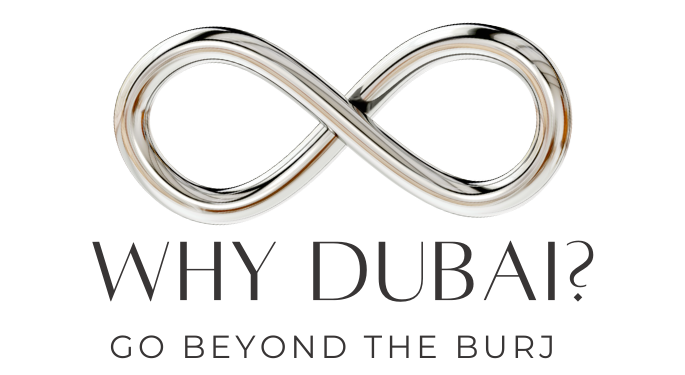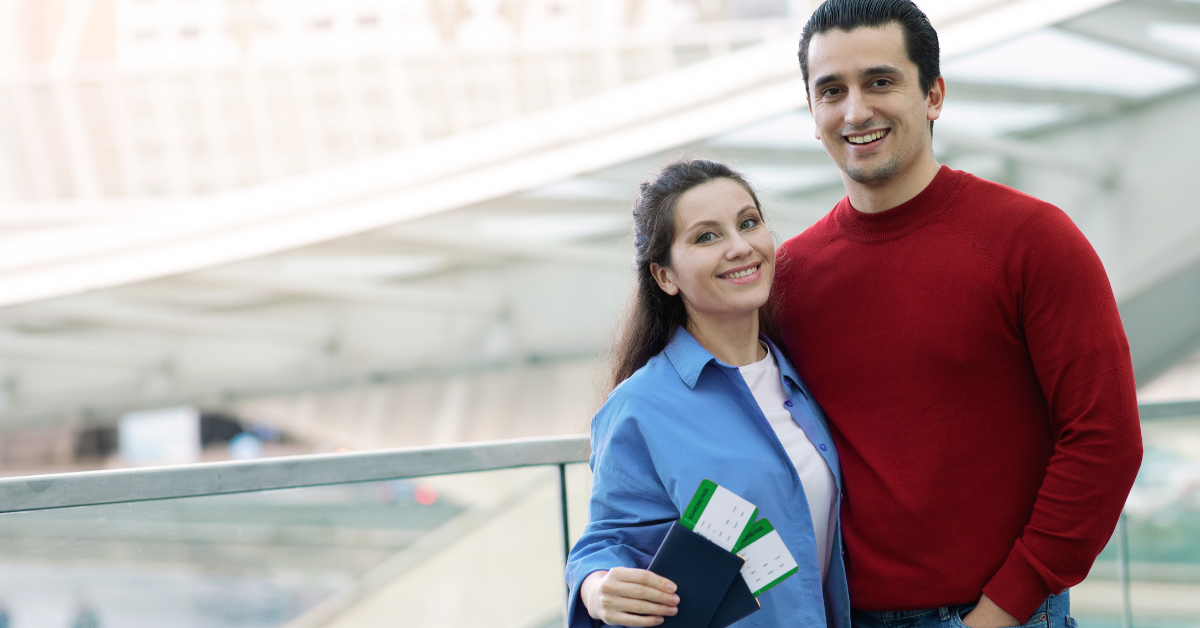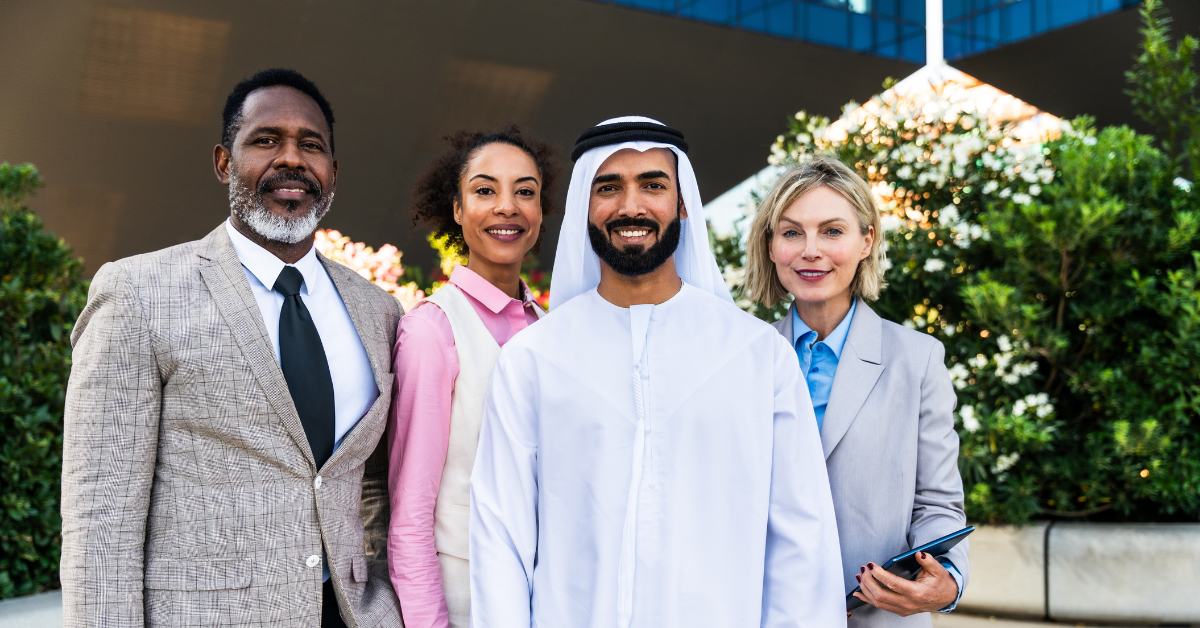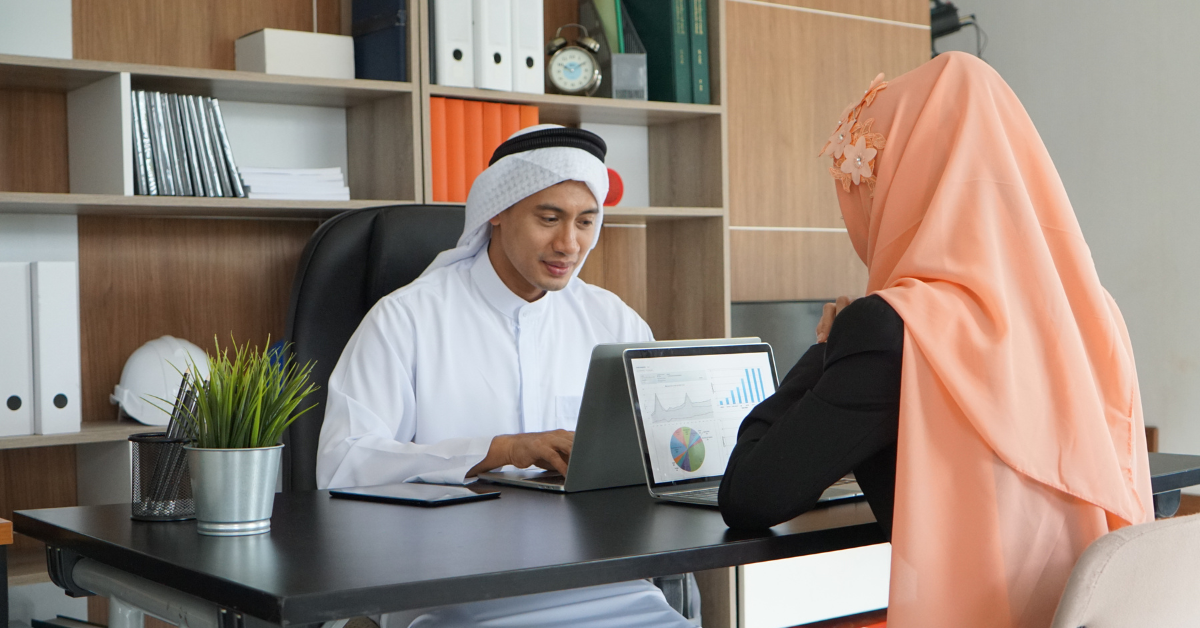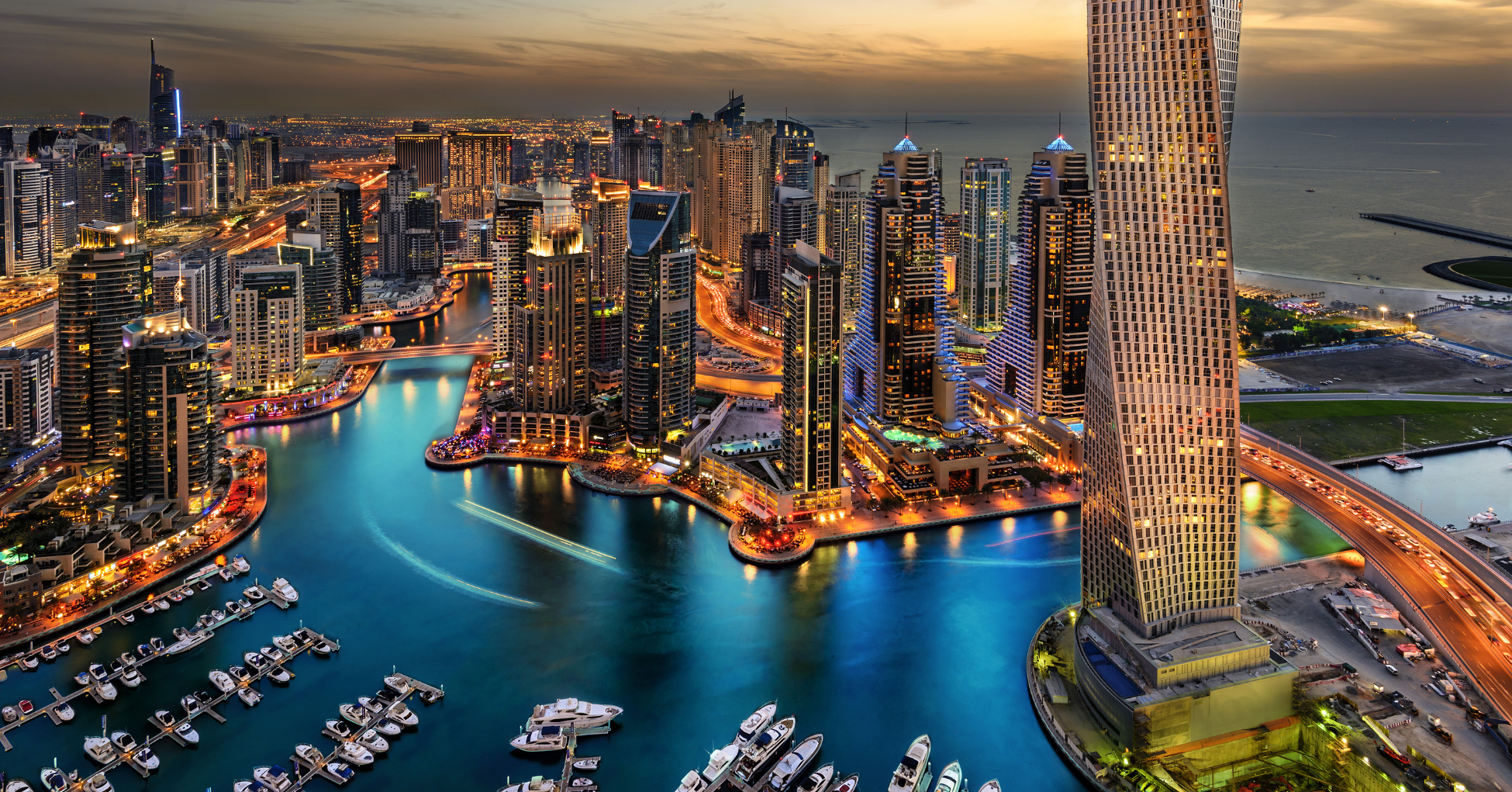Languages Spoken in Dubai: A Guide to Dubai’s Multilingual Culture

Dubai, often described as a global crossroads and known for its language diversity, boasts a remarkable diversity in its population and culture. This diversity is most evident in the city’s vibrant tapestry of languages, where sounds from every corner of the globe mingle in marketplaces, offices, schools, and homes. As seen by the diversity of languages spoken there, Dubai is a melting pot with residents, workers, and visitors from more than 200 different nations.
This multilingual environment not only adds to the city’s vibrancy but also shapes how its people interact, conduct business, and celebrate life. The everyday exchange of different tongues is a vital part of Dubai’s appeal, offering a welcoming atmosphere that makes it possible for people from all walks of life to thrive. Understanding the languages spoken in Dubai is key to appreciating its unique cultural fabric—a fabric woven from the words and stories of millions. The soundscape of Dubai is dynamic and ever-changing; stepping into the city’s bustling streets is like tuning into a live broadcast from around the world.
The Official Language of Dubai
Arabic – A Cultural Pillar of the UAE
The official language of Dubai and the United Arab Emirates (UAE), also referred to as the Dubai official language as a whole is Arabic. Deeply embedded in the culture and heritage of the region, it is both a practical means of communication and a symbol of national pride and identity. The formal version, Modern Standard Arabic, is predominantly used in government institutions, legal documents, public announcements, religious services, and education policies.
The Emirati dialect, a localized version of Arabic, is widely spoken by the UAE’s citizens in daily life. While many expatriates may not speak Arabic fluently, learning even a few basic phrases such as “Marhaba” (hello) or “Shukran” (thank you) can go a long way in fostering connections with locals. For visitors and new residents eager to immerse themselves in Emirati tradition, these simple greetings are often met with warmth and appreciation.
Arabic is also filled with expressions of respect and hospitality that are central to Emirati society. Words like “Inshallah” (if God wills), “Masha’Allah” (what God has willed), and “Yalla” (let’s go) pepper daily conversations, and even non-Arabic speakers often pick them up after living in Dubai for a while.
Where Arabic is Predominantly Used
Signage and Public Information: Street signs, official documents, and governmental communication prominently feature Arabic, often alongside English for clarity and inclusiveness.
Government Offices: All interactions in government entities are conducted primarily in Arabic, though English translation services are increasingly common to support non-Arabic speakers.
Cultural Festivities: Events like UAE National Day, Ramadan, and Eid bring Arabic to the forefront through songs, speeches, traditional poetry, and media broadcasts.
Media and Entertainment: Local newspapers, television channels (like Dubai TV and Sama Dubai), and radio stations conduct programming in Arabic, catering to Emirati citizens and Arabic-speaking communities.
Religious Life: Arabic is the language of worship and is widely recognized as the main language spoken in Dubai in mosques and spiritual gatherings, and the Quran is recited and taught in classical Arabic.
Understanding the significance of Arabic is not just a way to blend into Dubai’s society but also a nod of respect to the heritage that anchors this cosmopolitan city. Initiatives to promote Arabic learning among expatriates and students are common, with language centers and government-supported programs designed to preserve the cultural roots of the nation.
Arabic in Daily Life
Though the Emirati dialect is unique, the presence of Arabic is not confined to Emiratis alone. In mosques, shopping malls, and even in the lyrics of local music, Arabic quietly hums in the background. Learning Arabic provides deeper insights into local customs, such as greetings, hospitality, and respect for elders, values cherished throughout the UAE. Simple Arabic words are often blended into English conversation, a reflection of the city’s effortless multiculturalism.
Many business owners and service providers, from taxi drivers to shopkeepers, are happy to teach newcomers a few words or phrases. Mastering even basic Arabic often earns a smile and can help build trust in personal and professional relationships. For expatriate children, learning Arabic at school is also a requirement, fostering early appreciation of the cultural and linguistic heritage of the UAE.
English – The Lingua Franca of Dubai and the most common language in Dubai for expats
While Arabic is the official language, English has firmly established itself as the second language of the city. In many contexts, it acts as the true lingua franca—a bridge across linguistic divides. English is the primary means of communication for the majority of Dubai’s residents, particularly its expatriates and international businesses.
Why English is Everywhere
Dubai’s meteoric rise as an international business hub has brought in professionals, entrepreneurs, and investors from around the globe. English serves as a unifying language, allowing seamless communication between people of diverse linguistic backgrounds. It is the dominant mode of interaction in sectors such as education, tourism, retail, digital media, and corporate services.
The widespread use of English also extends to everyday activities—ordering food at a restaurant, shopping in a mall, or asking for directions. For those considering a move to Dubai or planning to establish a business, fluency in English is often sufficient to navigate nearly every aspect of daily life with ease.
Many government forms, websites, and public services are offered in both English and Arabic, reflecting the language’s importance for residents and visitors. Conferences, exhibitions, and cultural events—of which Dubai hosts thousands each year—are typically conducted in English, ensuring international participation.
Everyday Interactions in English
Education: Most international schools in Dubai—including British, American, International Baccalaureate (IB), and Indian schools—conduct their lessons in English. As a result, students from different backgrounds can learn together, and the city produces multilingual, globally minded graduates.
Commerce and Tourism: Restaurants, hotels, airlines, and retail outlets cater to both residents and tourists in English. Menus, brochures, and signs in public places are almost always bilingual (Arabic/English), and staff are trained to communicate fluently in English.
Workplaces: Corporate environments and government-linked industries rely heavily on English in daily operations, contracts, official correspondence, and meetings.
Healthcare: Hospitals and clinics use English for patient records, treatment plans, and communication with staff and patients, given the international mix of healthcare professionals and clients.
Everyday Life: English is also the go-to language in multinational neighborhoods, at gyms, sports clubs, and in most social settings.
Being proficient in English is often sufficient for maneuvering through life in Dubai, from navigating tourist hotspots to engaging in professional ventures. Many expats attest that English opened doors in Dubai, making integration into society effortless, regardless of their mother tongue.
Languages of Expat Communities
Dubai’s multicultural landscape makes it easy to understand how many languages are spoken in Dubai means that almost every corner of the world is represented in its population, and with that comes an astonishing variety of languages. Nearly 85-90% of the city’s residents are expatriates, bringing their native tongues to Dubai’s linguistically rich environment. This spectacular array of languages transforms Dubai’s neighborhoods, businesses, and public spaces into microcosms of the globe.
Expatriate communities frequently maintain cultural associations and schools that offer instruction and events in their languages, helping keep their heritage alive for the next generation. There are cultural centers, social clubs, and regular public festivals celebrating traditions and languages from around the world.

Common Expatriate Languages
1. Hindi and Urdu
Residents from India and Pakistan make up a significant portion of Dubai’s population, resulting in widespread use of Hindi and Urdu. You are likely to hear these languages in community markets, workplaces, cafés, taxis, and family gatherings. Bollywood songs, for instance, add a familiar touch to events and cab rides across the city, and major festivals such as Diwali and Eid see celebrations in native languages broadcast across community centers.
Television and radio stations such as ARY Digital, Sony Entertainment Television, and Radio Mirchi broadcast in Hindi and Urdu, providing entertainment, news, and a connection to home for South Asian residents. Many Indian and Pakistani restaurants feature menus and signage in both English and their local languages, and community newspapers offer local news for expatriate groups.
2. Tagalog
The large Filipino community in Dubai ensures that Tagalog is prevalent in specific sectors, particularly hospitality, healthcare, and retail. Filipino-run restaurants, churches, and community events offer comfort and familiarity for newcomers. Radio stations such as Tag help Filipinos feel connected while keeping them up-to-date with news and pop culture from home.
Tagalog also shows up in creative spaces, such as theater productions and cultural fairs that highlight Filipino music, dance, and cuisine, further cementing the community’s presence. Networking groups and language learning hubs assist Filipino professionals and students in career development and cultural adaptation.
3. Malayalam and Tamil
South Indians, particularly those from Kerala and Tamil Nadu, contribute to the presence of Malayalam and Tamil. These languages are frequently heard in local shops, cultural events, places of worship, and Indian-run businesses. Festivals such as Onam and Pongal are celebrated with great enthusiasm, complete with native songs, dances, and food enjoyed in the company of other South Indians.
Local newspapers and TV channels, such as Asianet and Sun TV, provide Malayalam and Tamil entertainment, news, and community updates. South Indian associations organize events that welcome newcomers and preserve cultural roots, while language classes for children ensure the next generation remains connected to their heritage.
4. Other Notable Languages
Bengali and Punjabi: Spoken by smaller expatriate groups from South Asia, often represented in business districts, restaurants, and religious communities.
Mandarin and Cantonese: With more Chinese expatriates and tourists arriving every year due to growing trade and tourism ties, Mandarin and Cantonese are increasingly present in hotels, international schools, and Chinese-owned businesses. Significant events such as the Chinese New Year are celebrated with pageantry and public performances.
Russian: Common among the increasing number of Russian tourists and residents, especially in luxury real estate, tourism, and hospitality. Russian-language media and community groups are growing in number, including specialized stores and cultural centers.
Persian (Farsi): Significant Iranian communities have brought Persian to Dubai, visible in specialty groceries, restaurants, and social events.
French and German: Dubai is also home to French- and German-speaking expatriates, with international schools and cultural institutes (such as the Alliance Française) catering to these groups, and embassies organizing language and cultural events throughout the year.
Other Languages: In a single day in Dubai, you may also hear Italian, Spanish, Turkish, Japanese, Swahili, Bahasa Indonesia, and dozens more, depending on where you are and whom you meet.
Dubai’s tapestry of languages ensures that people often feel at home, whether they are settling in for the long term or visiting for a brief stay. This comfort helps ease the pressure for new arrivals, knowing that chances are, someone will understand—even in their native tongue.
It is not unusual to see multicultural families—where members may each speak one or more languages—flourishing in this environment. Children in Dubai often become adept at navigating between their parents’ language, the languages of friends, Arabic at school, and English in almost every setting, making them among the world’s most linguistically versatile youth.
Impact of Linguistic Diversity
The multilingual nature of Dubai influences life across various aspects, from education to business and tourism. This diversity is not just background noise—it is a source of strength, opportunity, and innovation.
Linguistic diversity in Dubai doesn’t just serve as a means of communication—it creates countless bridges between cultures, encourages empathy, and opens up social networks. It also impacts services at nearly every level, from support hotlines for new arrivals to multilingual legal and medical translators.
1. Education
Schools in Dubai cater to a wide range of linguistic backgrounds, offering curriculums in English as well as options in French, German, Hindi, and other languages. This provides parents the flexibility to choose education systems suited to their native languages or international aspirations. Many institutions offer multilingual programs, value language learning, and celebrate cultural diversity with international days and festivals.
For example, some Indian and Pakistani schools teach Hindi, Urdu, or regional languages as part of the curriculum. French and German schools follow their countries’ respective education systems, helping children maintain strong connections with their roots.
Language support services, including English as an Additional Language (EAL), Arabic classes, and peer language programs, help new students adjust and thrive. Children often become fluent in two, three, or more languages, equipping them for future academic and career opportunities.
Art, music, and language festivals are common in Dubai’s schools, often featuring performances or exhibitions where children showcase their varied cultural and linguistic backgrounds. These events enhance understanding and appreciation for diversity, making the city’s younger generations true global citizens.
2. Business
As a global financial hub, Dubai relies on English as the primary language for contracts and transactions. However, companies also prioritize employees who are bilingual or multilingual to engage effectively with a diverse clientele. Having staff who speak Arabic, Hindi, Mandarin, Russian, or French can give businesses an edge when negotiating deals, understanding client needs, or marketing to specific demographics.
Multinational firms and local companies commonly include language skills in their hiring criteria, and it’s not uncommon for office environments to be abuzz with multiple conversations in different tongues. Legal documents, user manuals, and customer service hotlines are frequently available in several languages to serve Dubai’s varied customer base.
For entrepreneurs considering , linguistic versatility is a considerable advantage. Companies like provide support for navigating business licenses, translation requirements, and official documentation in both Arabic and English, making the process smoother for foreign investors.
International expos, trade fairs, and networking events hosted in Dubai routinely offer interpretation services and multilingual materials, ensuring no participant is left out due to language barriers.
3. Tourism
Dubai welcomes millions of tourists annually, and the ability to cater to them in their native language enriches their experience. The city makes sure that language hurdles don’t detract from its standing as a top tourist attraction by providing Mandarin dining menus, Russian-speaking tour guides, and hotel staff who speak Hindi and Tagalog.
Guides and printed materials in multiple languages are available at major attractions like the Dubai Mall, the Burj Khalifa, and the Global Village. Airport announcements, transportation signs, and safety advisories are typically offered in both Arabic and English and, for key locations, several other globally spoken languages.
Shopping malls and traditional souks celebrate Dubai’s multicultural character—visitors and residents can negotiate or chat with shopkeepers in their preferred languages, helping create personal connections in the bustling transactional rhythm of the city. Tourist police and customer service lines are multilingual, offering support to people from nearly anywhere in the world.
4. Cultural Integration and Daily Life
Offices, malls, and neighborhoods are mini-global ecosystems where people coexist and collaborate in multiple languages daily. By fostering respect and understanding between people, this language diversity dismantles barriers and creates cross-cultural connections.
Cultural festivals, community fairs, and religious celebrations often provide opportunities for different language groups to showcase performances, cuisine, and traditions. Dubai’s International Film Festival and Literature Festival regularly feature works and panels in multiple languages.
In daily life, friendships and work relationships frequently transcend linguistic backgrounds, with Dubai’s residents often picking up new phrases or even entire languages through cross-cultural interaction. Whether attending an Indian festival, a Chinese New Year parade, or a Filipino church service, residents experience a city where learning about other languages and customs is not only easy—it’s celebrated.
How Dubai’s Multilingual Environment Stands Out
Dubai is more than just a city of tall buildings or luxury shopping—to many, it is a place where languages from across the globe meet, mix, and thrive. The sheer variety of languages spoken in Dubai plays a significant role in making the city an inclusive and welcoming place for all. Whether it’s an expatriate child studying in a bilingual school, a tourist engaging with shopkeepers in their mother tongue, or a professional closing a deal with a Mandarin-speaking client, language in Dubai is a tool for connection.
Benefits of Language Diversity
New Beginnings: Newcomers can seamlessly integrate into various communities because of shared languages and neighborhood support networks.
Global Opportunities: Businesses reap the rewards of serving an international audience, unhindered by linguistic barriers.
Cultural Exchange: Daily life in Dubai offers everyone the opportunity to learn about different traditions, holidays, and perspectives.
Cross-Cultural Awareness: Language diversity provides a foundation for empathy, negotiation, and cooperation—skills critical in a globalized economy.
This environment has spillover effects: children raised in Dubai often acquire not just their family’s mother tongue but two or three additional languages thanks to diverse classmates and friends. Adults, too, benefit from language exposure, which can help them in their careers or social lives. Dubai’s reputation as a city where the world meets is reflected every day in the conversations that echo through its streets, taxis, and offices.
Dubai respects and protects this diversity—legally, culturally, and socially. Initiatives like the National Program for Tolerance encourage harmony among different language groups, making Dubai a flagship model for peaceful coexistence.
Concluding Thoughts
Dubai exemplifies how linguistic diversity and understanding Dubai’s language landscape can foster inclusiveness, efficiency, and cultural vibrancy. While Arabic and English dominate, the city hums with the sounds of Hindi, Tagalog, Urdu, Mandarin, French, and countless other languages, creating a unique blend that makes everyone feel welcome. Navigating Dubai means hearing and, ultimately, cherishing its multilingual symphony—a key reason why this city remains a favorite for visitors and residents worldwide.
Whether you are looking to set up a business, enroll your child at school, pursue a career, or explore all corners of the city, Dubai’s languages serve not as barriers, but as bridges to everything the city has to offer. No matter where you’re from or which languages you speak, Dubai provides a community, a voice, and a place to call home—a city where everyone truly belongs.
